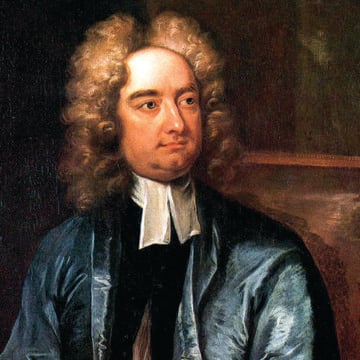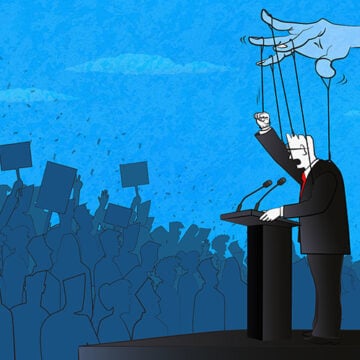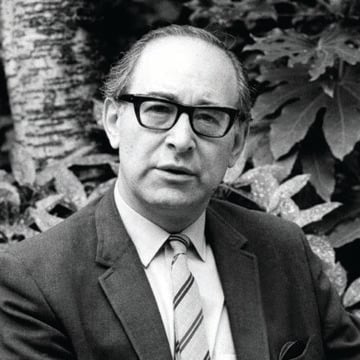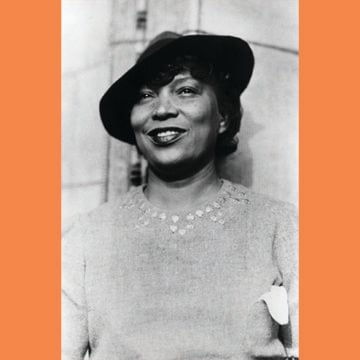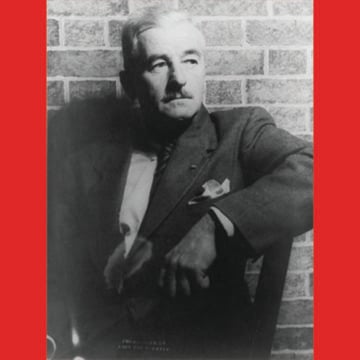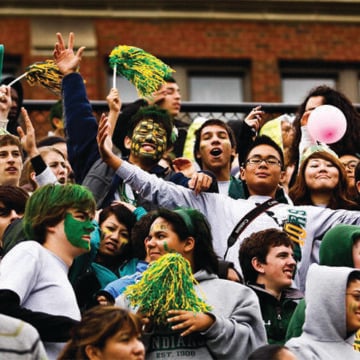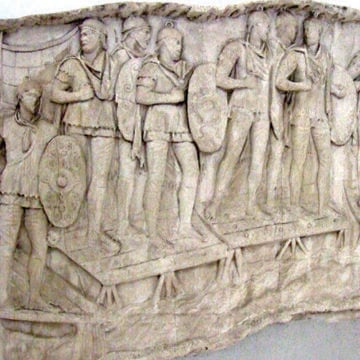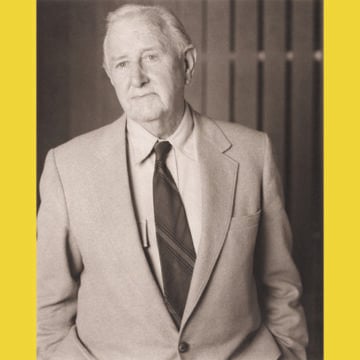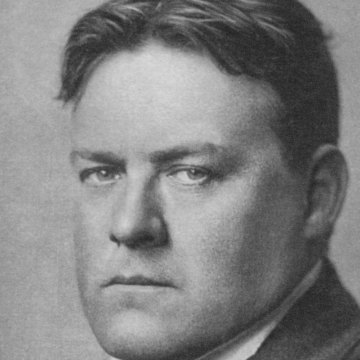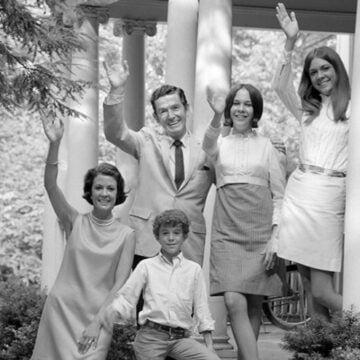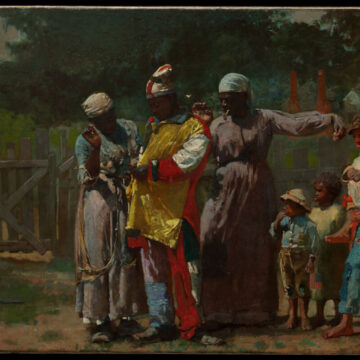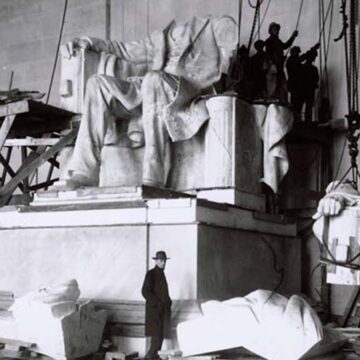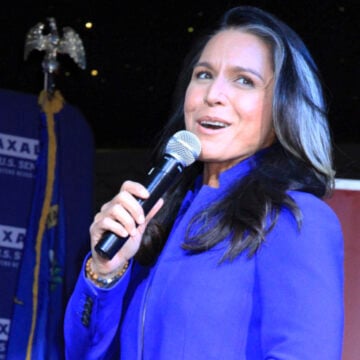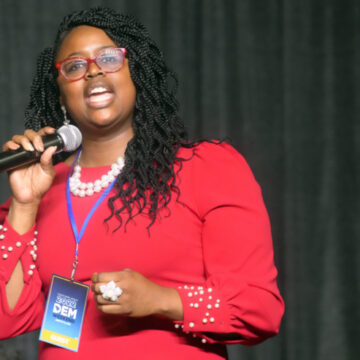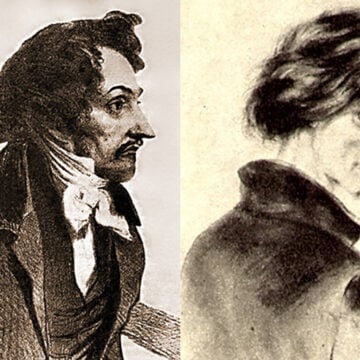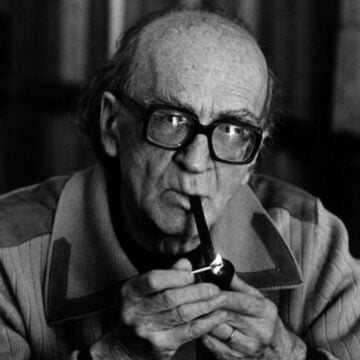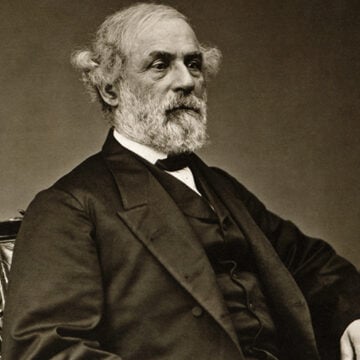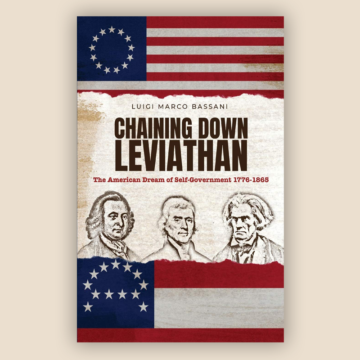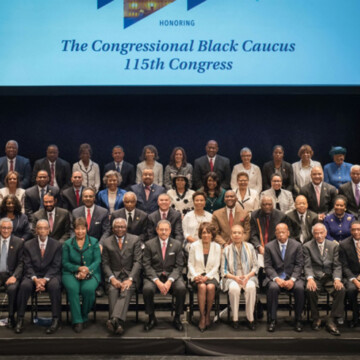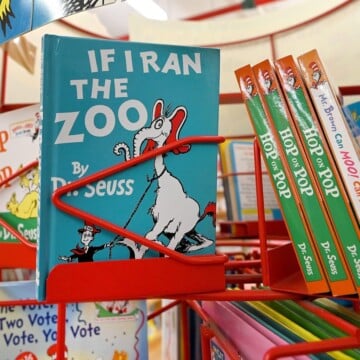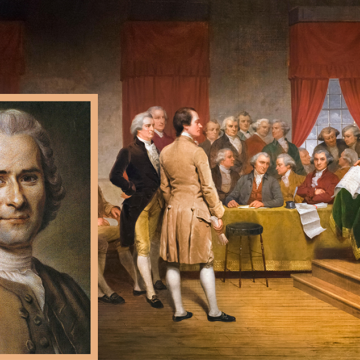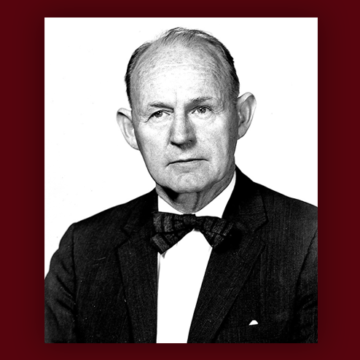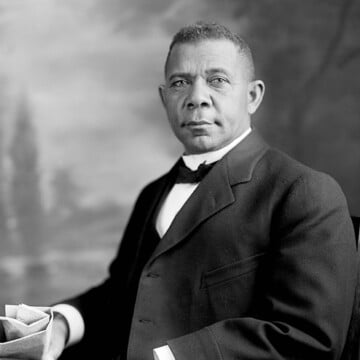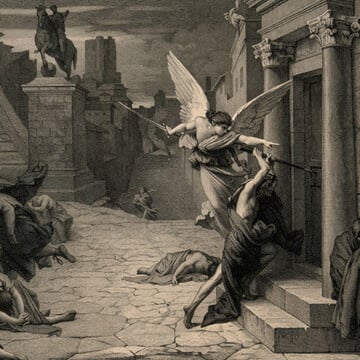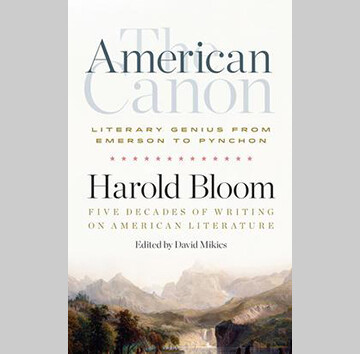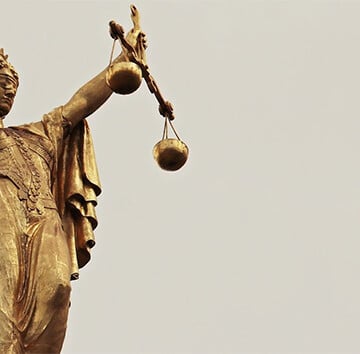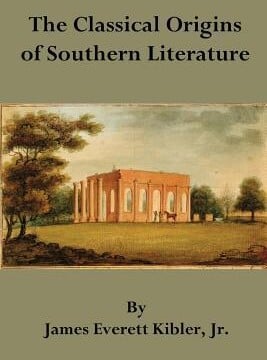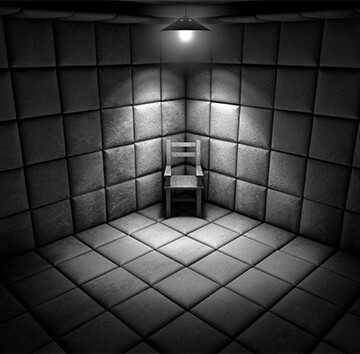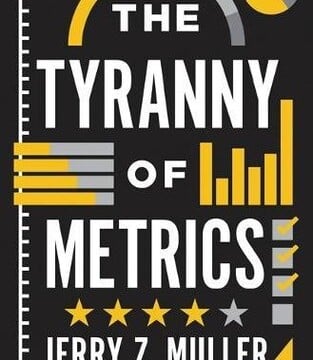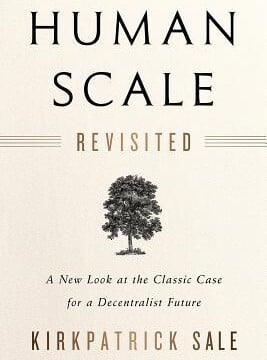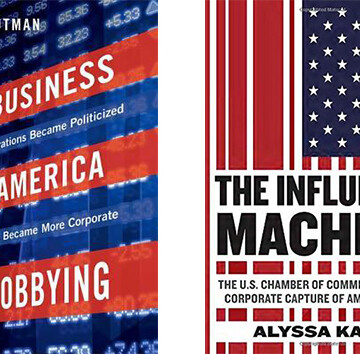Jonathan Swift deployed satire in defending traditional order and dissecting the pretensions of his enemies.
Author: Jack Trotter (Jack Trotter)
Searching for Zion
Rachel Cockerell's quest in "Melting Point" to discover the truth about her great-grandfather has produced not just a family history but a history of the broader search for a Jewish homeland.
Democracy and the Manipulation of Public Opinion
Walter Lippmann and John Dewey wrestled over the competence of the common citizen and the very notion of public opinion.
Remembering Thomas Molnar
At the heart of Thomas Molnar's work was the problem of authority and how it might be sustained in a world where power had been shorn of its sacral dimension.
Books in Brief: October 2024
Short reviews of Nuclear War by Annie Jacobsen, and Adam and Eve after the Pill by Mary Eberstadt.
Suicide Permitted
In coming to grips with why suicide and suicidal ideation have become so widespread in the West, we tend to overlook one central fact: We no longer consider life sacred.
American Public Education Is Beyond Crisis Mode
Parents who don’t want their children to be subject to the ever-changing winds of today’s left-wing therapeutic culture will have to make the word “sacrifice” part of their vocabulary.
Remembering Zora Neale Hurston
Zora Neale Hurston mocked the professional victims and race hustlers of her day and advocated for a positive, noncombative black identity. She was a woman of the right.
Revolt of the ‘Karens’
Moms for Liberty, a proud group of American parents, is retaking control of their children’s educations from the government leftists now destroying it.
The Barefooted Faulkner
Faulkner’s work was deeply embedded in the oral tradition of the south, and has a strong sense of place.
The Death of the Amateur
When college athletics abandons the spirit of play for the reality of pay.
Two Bad Choices: Assimilate or Die
In resurrecting the melting pot as the antidote to multiculturalism, Heycke neglects a better option: the return to American tradition.
Divided Loyalties
James Cobb admirably assesses the loyalties of C. Vann Woodward, one of the most influential historians of the 20th century, whose best-known books explored the rise of the New South and the emergence of the Jim Crow regime.
Remembering Hilaire Belloc
A dangerous mind rediscovered.
Bye-Bye, “Y’all”
The term "y'all" is being appropriated for woke means in a manner that would make historic Southerners turn in their graves.
Rise of the Deadbots
Among the advancements in AI applications are those popularly known as “deadbots,” which allow users to speak to the dead without secret rituals, mediums, Ouija boards, or cryptic table-tapping. The proliferation of deadbots poses serious ethical questions, and their growing acceptance is a measure of our desperate, post-human secularity.
Books in Brief: June-July 2023
Short reviews of His Name Is George Floyd, by Robert Samuels and Toluse Olorunnipa, and Aftershock, by George H. Wolfe.
A Colonial History of African-Americans
In African Founders, David Hackett Fischer asserts that the traditions of liberty, equality, and the rule of law often transcended the evils of slavery in early America and were embraced, with impressive results, by masters and slaves alike.
The Cause of Us All
Mark Winchell explores the myth of Abraham Lincoln's "deification" in American culture, among other Southern themes.
Tulsi at the Turning Point
Tulsi Gabbard's farewell to the Democratic Party sounds more like a declaration of war. Most of her remarks would pass muster at a Trump rally.
The Secret, Sordid Mouth of Krystle Matthews
In her unguarded moments, South Carolina politician Krystle Mathews provided a glimpse into the philosophy and methods of racial intimidation used by some blacks to gain and maintain political power.
Inhabiting the Mind of the Murderer
Kevin Birmingham reconstructs the aspects of Dostoevsky’s life that fed the stream of creativity that resulted in Crime and Punishment, the greatest psychological profile of a murderer in the annals of fiction.
Remembering Mircea Eliade
Mircea Eliade wrote that modern secular man is haunted by the realities he has denied, which render the passage of time meaningless. The only defense against the ensuing terror is the sacred act.
Remembering Robert E. Lee
Forbearance is a moral principle from which General Robert E. Lee rarely if ever wavered, and his unflinching practice of that virtue is the primary reason that he should be remembered today.
The Tithes That Unbind
Millions of newcomers are rapidly eating away at the Mormon majority in Utah, and putting pressure on the Mormon Church to modify its stance on homosexuality. Some practice "gay tithing," sending money to activists trying to get the church to change.
Remembering Walter E. Williams
Addressing a Boston anti-slavery audience in 1865, abolitionist Frederick Douglass asked, “What shall we do with the Negro?” The answer he provided was a favorite of the conservative economist Walter E. Williams, though if Douglass were to utter it today he would probably be condemned by Black Lives Matter and deplatformed from social media: ...
Snow Princess Does Beijing
Poor Gu Ailing, or, as we call her here in the country of her birth, Eileen Gu. She claims to have jumped ship to join the Chinese team for this year’s Winter Olympics in Beijing because she hoped to inspire young athletes on both sides of the Pacific, and to spread goodwill between the nation...
The Guardians of Sterility
Pope Francis addressed concerns about his controversial Traditionis custodes (Guardians of the Tradition)—an apostolic letter issued in July 2021 that placed severe new restrictions on the practice of the Latin Mass in the Roman Catholic Church—in a Responsa ad dubia dated Dec. 4. Both documents make it clear that the traditional Tridentine liturgy (Missale Romanum,...
The Making of a Gay Saint
The U.S. Navy launched a new ship, an oiler christened the USNS Harvey Milk, on Nov. 6, 2021, at Naval Base San Diego, home port of the Pacific Fleet. Younger readers of this magazine may be forgiven if the significance of the name eludes them. Yet it is no exaggeration to say that Harvey Milk...
The Road to Gettysburg
Chaining Down Leviathan: The American Dream of Self-Government 1776–1865 by Luigi Marco Bassani Abbeville Institute Press 380 pp., $19.95 European observers of the American scene have often offered valuable insights into American culture and politics. Marco Bassani has long been a student of American history and the European nation-state’s rise since the 17th century....
The Post-Abortive Culture
The recent passage of the Texas Heartbeat Act, signed into law by Gov. Greg Abbott on May 19, has resulted in feverish alarums across the land. These came after the U.S. Supreme Court’s refusal to block the law in late September, following an emergency application made by over a dozen Texas abortion providers and their...
The Cancel Culture Zoo
Just when we thought cancel culture couldn’t possibly get sillier, new heights of inanity were achieved in March when Dr. Seuss Enterprises removed six of that author’s best known titles from its active publishing list upon recommendations from a “panel of experts.” Among the titles canceled for racial insensitivity was the delightful If I Ran...
One Nation, Under Which God?
On May 5, President Joe Biden left out the word “God” in his proclamation on the annual National Day of Prayer. Some critics on the right claimed Biden was the first president in American history to do so. Of course, those detractors fail to mention that the National Day of Prayer commemoration only dates back...
Remembering Andrew Nelson Lytle: Agrarian Prophet
In the early 1990s it was my good fortune to make a pilgrimage to meet Andrew Lytle on the occasion of the publication of his last book, Kristin (1992). A book-signing had been arranged by the University of the South in Sewanee, Tennessee, where Lytle taught for many years and edited the illustrious Sewanee Review....
Remembering Booker T. Washington
When Booker T. Washington delivered his “Atlanta Compromise” speech in 1895 at the Cotton States and International Exposition, nearly 15 years after the founding of the Tuskegee Institute in Alabama, the effect was galvanizing. Frederick Douglass, until then the most prominent black American leader, had been in his grave only six months. Washington, now ascendant,...
Under Cover of Darkness
For 124 years, the statue of John C. Calhoun, from high upon his perch in Marion Square, kept vigil over the city of Charleston. In life as in death Calhoun was indeed a monumental figure. Even in the flesh he seemed carved out of granite. He was, without question, the finest mind and the most dedicated...
What the Editors Are Reading: Who Owns America?
First published in 1936 as the nation was still reeling from the Great Depression, Who Owns America? A New Declaration of Independence remains a classic of American political thought and rhetoric. A collection of 21 essays, edited by the Fugitive-Agrarian Allen Tate and historian Herbert Agar, it was intended in part as a sequel to the better-known I’ll Take My...
Plague Literature: The Threshing Floor
Over the centuries, plague has been understood variously as a purely natural phenomenon, astrological fatalism, the judgment of God, or, most perplexing, a manifestation of divine mercy. Since plague is one of those natural disasters whose origin cannot be assigned to human agency, it can pose seemingly insoluble moral problems. If, for example, plague is...
Remembering William F. Buckley, Jr.
Two years after the death of the man whom one of his biographers, John Judis, dubbed the patron saint of modern conservatism, Encounter Books brought out a splendidly packaged omnibus volume of his columns and essays, entitled Athwart History: Half a Century of Polemics, Animadversions, and Illuminations (2010). On the cover, William Francis Buckley stands...
The American Muse
[I]n populous Egypt they fatten up many bookish pedants who quarrel unceasingly in the Muses’ birdcage.” —Timon of Phlius, 230 B.C. For almost as long as there have been literary works, there have been literary canons, largely established by bookish pedants who do, indeed, “quarrel unceasingly.” The quarreling began early in the third century B.C....
Our Culture of Narcissism
Most Chronicles readers will no doubt recall the sordid Jussie Smollett hoax, which played out over the course of almost three months early this year in a scenario that might have been scripted for reality TV. Given the media’s saturation coverage of the fiasco, I will forego a reprise of the details. Instead, I wish...
What the Editors Are Reading
How is it possible to describe Dostoevsky’s great but sometimes neglected novel, Notes From Underground, without provoking repugnance for the nameless anti- hero whose voice dominates its pages? He is, as he announces in the opening lines, “a sick man…a spiteful man,” yet for all his insight into the nature of his own malady, he...
The Long Apocalypse
Today, a century after the close of the “war to end all wars,” the prospect of achieving what the U.N. and other such garrulous bodies call “global peace” seems ever more remote. According to the Universal Declaration of Human Rights, if only we could establish everywhere the right to equality before the law, freedom of...
Out of Troy
Author of several novels and a memorable autobiographical work entitled Our Father’s Fields (1998), as well as a leading light of the Abbeville Institute, James Kibler has produced in the present work an indispensable study of the classical influence on Southern literature. Other literary historians and critics of Southern letters have explored this territory; however,...
The Children of Eden
All of us, I imagine, are granted from time to time moments of uninvited insight that will, for years to come, provide a basis for reflection and a more penetrating glimpse of the forces that shape the realms in which we live and labor. Such a moment was granted to me back in the early...
The Managerial Racket
Life in America these days has become a vast numbers racket. That is, most Americans are, cannily or not, ensnared in the numbers game called metrics, or what Jerry Muller in his latest book terms the “metrics fixation.” This fixation is founded on the assumption that “If you cannot measure it, you cannot improve it.” ...
A Ruthless Charm
Arthur Schlesinger, Jr. was bred in the bone for his role on the stage of 20th-century American history. His father, the historian Arthur Meier Schlesinger, was already a rising academic star when Arthur Jr. was born in 1917 in Iowa City, while, on his mother’s side, the prominent 19th-century historian, George Bancroft, was said to...
A Great Perhaps
“I am going to seek a great perhaps . . . ” —François Rabelais Sale’s theme is the restoration of “human scale” in all our works: architectural, political, economic, educational, and technological. His thesis is that only radical decentralization can achieve this aim. Sale first ventured into this territory with a book called Human Scale,...
Devil Take the Hindmost
“High on a throne of royal state . . . Satan exalted sat, by merit raised To that bad eminence.” —Paradise Lost Hell is a meritocracy. Yet in America the meritocratic ideal is universally applauded. Everyone agrees—or pretends to agree—that the angel of justice smiles upon the triumph of merit. Indeed, the hopes enshrined in...
Democracy in Action
As both Drutman and Katz emphasize, before the 1970’s lobbying in America was a paltry enterprise. In the immediate postwar era, under the pro-business Eisenhower and Kennedy administrations, few companies hired in-house lobbyists; instead, they worked through trade associations or independent lobbying firms. Under Lyndon Johnson regulatory legislation addressed a host of social and economic...
